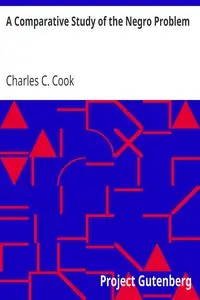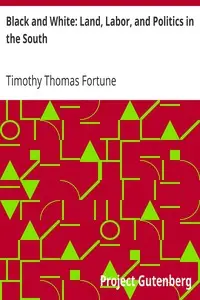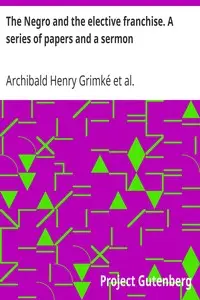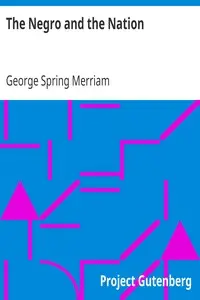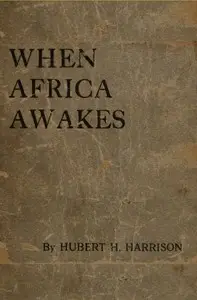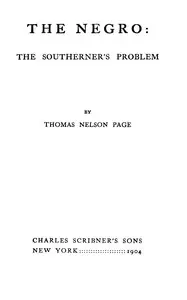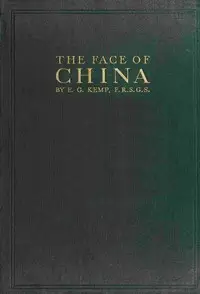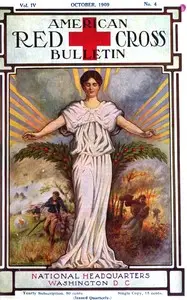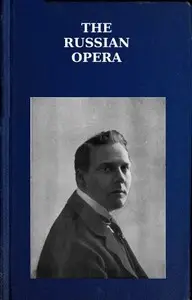"The Negro and the Nation" by Hubert H. Harrison is a collection of historical writings from the early 1900s, revealing the hardships endured by African Americans in the U.S. Harrison's work, a compilation of articles published in radical media, shines a light on the political, economic, educational, and cultural difficulties the Black community faced. He categorizes their major struggles into four groups: lacking political power, being taken advantage of economically, having poor access to education, and facing prejudice in society. Harrison uses strong arguments and facts to criticize the laws and social beliefs that keep inequality alive, pointing to things like unfair voting rules and the horror of lynchings. He insists that the fight for equality is about more than just race; it's deeply connected to class and money problems, urging Black people to unite and get involved in politics to fight against oppression and demands a rethinking of American democracy so that it includes everyone fairly.
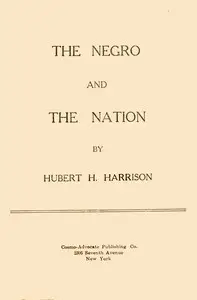
The Negro and the nation
By Hubert H. Harrison
Experience an era where political maneuvering, economic hardships, and societal disparities converged to shape the African American experience, demanding a nation's reckoning.
Genres
Released
2023-01-19
Formats
epub3 (images)
epub
epub (images)
mobi (images)
txt
Free Download
Summary
About the AuthorHubert Henry Harrison was a West Indian-American writer, orator, educator, critic, race and class conscious political activist, and radical internationalist based in Harlem, New York. He was described by activist A. Philip Randolph as "the father of Harlem radicalism" and by the historian Joel Augustus Rogers as "the foremost Afro-American intellect of his time." John G. Jackson of American Atheists described him as "The Black Socrates".
Hubert Henry Harrison was a West Indian-American writer, orator, educator, critic, race and class conscious political activist, and radical internationalist based in Harlem, New York. He was described by activist A. Philip Randolph as "the father of Harlem radicalism" and by the historian Joel Augustus Rogers as "the foremost Afro-American intellect of his time." John G. Jackson of American Atheists described him as "The Black Socrates".
Total Reviews
10.0k
Total reviews from Goodreads may change

